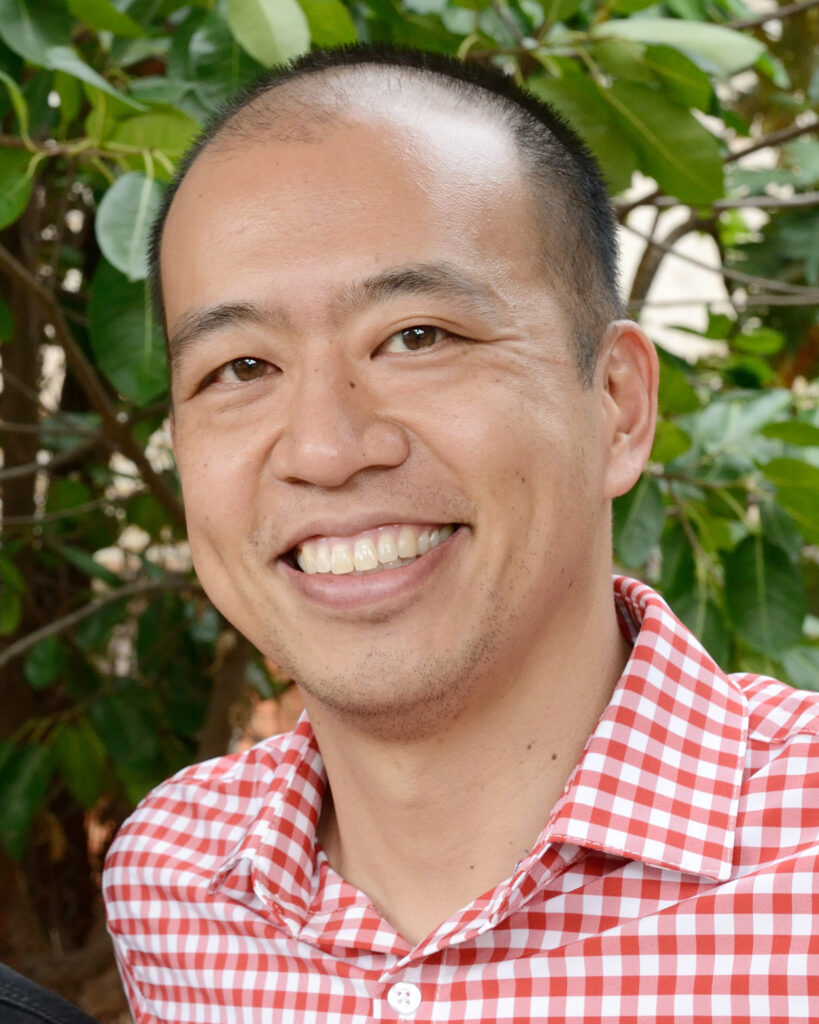Global Women’s Health Fellowship
Program Leadership
-
Global Women's Health Fellowship Coordinator
Research Project Manager
Vice Chair for Research and Innovation, OBGYN
Distinguished Professor, Global Women's Health
Why Choose UNC?
This unique opportunity provides early career training for obstetrician-gynecologists (OB-GYNs) aspiring to an academic career in global women’s health. This research fellowship leverages the strengths of the University of North Carolina (UNC) School of Medicine, the UNC Gillings School of Global Public Health, and three established institutions in southern Africa.Our fellows spend two years at one of our affiliated sites: the University of Zambia Teaching Hospital (Lusaka, Zambia), UNC Project–Malawi (Lilongwe, Malawi), or the University of Witwatersrand (Johannesburg, South Africa). All are academically vibrant, with three-part missions of clinical research, service delivery, and training.
Our Division of Global Women’s Health holds a robust portfolio of independently funded projects focused on clinical research, field epidemiology, and implementation science / program evaluation. Each site has full-time UNC OB-GYN faculty living in-country, providing administrative support and mentorship.
Our fellows gain first-hand experience in the conduct of research, including study design and management, scientific writing, and cross-cultural and interdisciplinary collaboration. For those who wish to complete graduate-level coursework, an optional third year of fellowship is also available. By the end of their training, our fellows are prepared for academic OBGYN careers focused on global women’s health.
Fellowship Objectives
Our fellows gain first-hand experience in the conduct of research, including study design and management, scientific writing, and cross-cultural and interdisciplinary collaboration. Responsibilities include:
- Leadership of ongoing research projects
- Development of new research ideas and protocols
- Publication of peer-reviewed manuscripts
- Teaching of students and other trainees in the U.S. and affiliated institutions abroad
- Clinical care at affiliated sites
Applicants choose a concentration in one of many ongoing emphasis areas: HIV and pregnancy, women’s cancers, and reproductive health. Based on these interests and departmental needs, fellows are matched accordingly with mentors, projects, and sites.
We employ a standardized checklist for core skills and fellowship milestones in project implementation, scientific writing, and results dissemination. Fellows complete individualized mentorship plans to outline their immediate and long-term career goals; this is used regularly to guide professional development. For experienced fellows, we also provide intensive mentorship in grant writing, including for career development awards from the US National Institutes of Health (K series) and/or private foundations.
Learn more about Global Women’s Health at UNC Health.
Application Process
Minimum requirements:
- Fellowship is typically 2-3 years, depending on the candidate’s prior experience.
- Applicants must be willing to relocate to either Lusaka, Lilongwe, or Johannesburg.
- Candidates must be U.S. citizens or permanent residents. Stipends are based on NIH system for postgraduate trainees.
Although our program has traditionally focused on OBGYN physicians, we have expanded this opportunity to PhD postdoctoral fellows and medical doctors with aligned research interests from other disciplines.
Beginning in 2018, we offer a global health track for trainees in other OBGYN subspecialty fellowships at UNC. Candidates will live and work overseas for 12 months and then remain engaged in research activities in Chapel Hill as they complete their clinical fellowship requirements. This is coordinated with other divisions in the UNC Department of OBGYN.
How to apply:
Interested candidates are asked to submit the following information to be considered:
- A current biosketch in NIH format
- Three letters of recommendation, including one from your current program director or department chair
- A one-page personal statement describing your research interests and how they relate to global women’s health. This should summarize: prior experience in public health and research, desired training, and long-term career goals (including how this fellowship will help you to fulfill them).
Our deadline for the upcoming academic year has been extended to Sunday, October 1, 2023. Application materials can be submitted on our online portal. We will interview short-listed candidates shortly thereafter.

